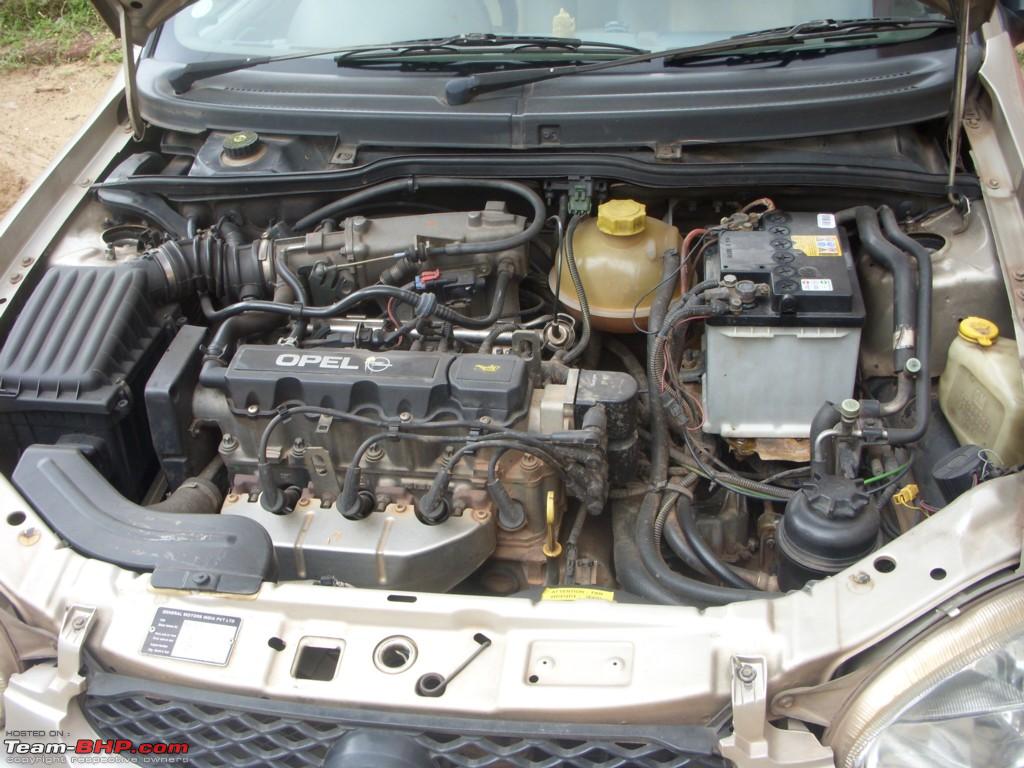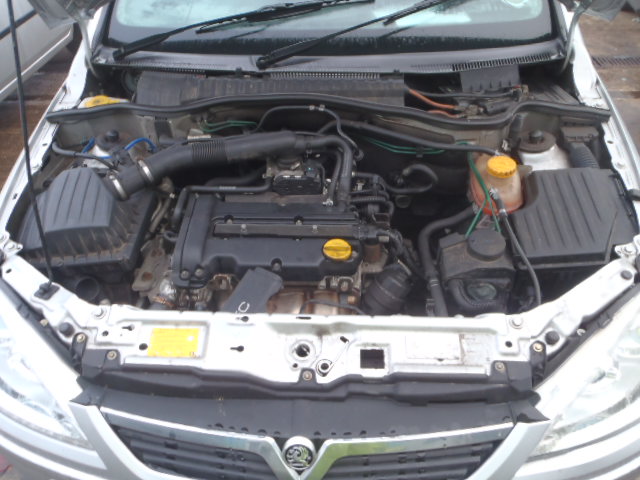Opel Corsa 1.4 Engine Price: Shop High-Quality Vehicle Parts for Your Car
Opel Corsa 1.4 Engine Price: Shop High-Quality Vehicle Parts for Your Car
Blog Article
Engine Buying Expert Tips on Picking the Right Engine for Your Certain Demands
Picking the appropriate engine for your particular needs includes a complicated interplay of aspects that surpass plain horsepower figures. From power result to sustain performance, the decision-making process can be intimidating. Understanding the subtleties of engine types, dimensions, and their compatibility with your car is essential. Nonetheless, there are professional pointers that can aid browse this terrain with self-confidence. By diving right into the ins and outs of power versus effectiveness, reviewing fuel scores, and budgeting for long-term prices, one can genuinely enhance their engine choice.
Power Vs. Effectiveness: Discovering the Balance
When picking an engine, it is crucial to strike an equilibrium between power and effectiveness to meet your particular demands efficiently. Power refers to the engine's ability to produce energy for propulsion, determining variables like acceleration, pulling ability, and general performance - Opel Corsa 1.4 Engine Price. On the various other hand, efficiency associates with how well the engine utilizes gas to produce power, impacting aspects such as gas economic climate and environmental kindness
Accomplishing the appropriate balance in between power and efficiency is vital because an engine that is also powerful might consume extreme fuel, bring about higher operating expense and unneeded stress on the atmosphere. On the other hand, an engine that focuses on effectiveness over power may result in sluggish efficiency, especially sought after situations like towing hefty tons or driving uphill.
To make a notified decision, think about elements such as your typical driving problems, the intended usage of the car, and your individual preferences. By reviewing your needs and priorities, you can pick an engine that strikes the ideal equilibrium in between power and efficiency, ensuring optimum efficiency while minimizing ecological influence and operating expense.
Understanding Engine Dimension and Type
To better improve the option process of an engine that strikes the ideal equilibrium between power and efficiency, it is important to explore the intricacies of understanding engine dimension and type. Engine dimension describes the complete quantity of air and gas that can be pressed through the engine cylinders. It is commonly gauged in liters or cubic centimeters. Larger engine sizes normally result in more power result but can likewise result in lowered gas effectiveness. On the other hand, smaller sized engine sizes are typically much more fuel-efficient however may give up some power.
In addition, engine kind plays a crucial function in identifying the efficiency qualities of an engine. Usual engine kinds include inline engines, V engines, and rotating engines, each with its special advantages and downsides. The engine kind influences elements such as the engine's size, weight circulation, and power shipment. Understanding the interplay in between engine size and type is important in choosing an engine that aligns with your specific requirements and concerns, whether it be power, efficiency, or a balance of both.

Consider Your Automobile's Requirements
If you are looking for an engine for a heavy-duty vehicle that will certainly be made use of for towing, you will certainly need a powerful engine with high torque capabilities. On the various other hand, if you are selecting an engine for a portable vehicle mostly used for city travelling, fuel effectiveness may be an extra important factor to take into consideration.
If you often drive in mountainous or hilly locations, a durable engine with good climbing up power will be required. By straightening the engine specifications with your car's needs, you can make sure that your vehicle runs successfully and satisfies your performance expectations.
Evaluating Gas Effectiveness Rankings
Evaluating gas performance scores is a critical aspect of picking the right engine for your vehicle, ensuring expense financial savings and ecological sustainability. Gas effectiveness ratings, normally gauged in miles per gallon (MPG) investigate this site for gas engines or kilowatt-hours per 100 miles (kWh/100 miles) for electrical engines, show exactly how far an automobile can take a trip on a certain amount of gas or power. Higher MPG or lower kWh/100 miles worths signify a lot more effective engines, equating to reduced fuel expenses and reduced carbon emissions.
When assessing fuel effectiveness scores, consider your driving demands and habits. If you commute fars away daily, a highly fuel-efficient engine can result in substantial cost savings gradually. Additionally, compare different engine options within the exact same vehicle class to determine one of the most economical choice. Aspects such as engine dimension, weight, the rules of aerodynamics, and hybrid or electric abilities can all influence gas performance.
Budgeting for Long-Term Costs
Tactically intending for long-lasting expenses is vital when picking an engine, guaranteeing monetary sustainability over the automobile's life-span. While the initial purchase cost of an engine is a considerable element, it is crucial to consider the long-term costs connected with upkeep, fixings, and gas intake. Deciding for a much more fuel-efficient engine may have a greater in advance price yet can result in considerable cost savings with time. Normal upkeep, such as oil changes, filter substitutes, and tune-ups, is vital to keep the engine running smoothly and successfully, decreasing the threat of pricey repair work down the line.
Moreover, looking into the availability and expense of substitute parts for the picked engine is crucial in budget plan planning. Engines with conveniently available and budget-friendly parts can dramatically affect long-lasting upkeep expenditures. In addition, taking into consideration the engine's resilience and anticipated life expectancy can aid prevent unforeseen replacement expenses in the future. By very carefully budgeting for these long-lasting costs and factoring them into the decision-making process, individuals can pick an engine that not only fulfills their instant demands however also continues to be cost-efficient throughout its life expectancy.
Verdict
To conclude, selecting the ideal engine for your particular needs requires stabilizing power and efficiency, understanding engine dimension and type, considering your vehicle's demands, examining gas effectiveness rankings, and budgeting for long-term prices. By carefully considering these factors, you can ensure that you pick an engine that meets your needs and offers optimum efficiency for your automobile.
To additionally improve the selection process of an engine that strikes the optimal equilibrium between power and effectiveness, it is crucial to delve right into the complexities of understanding engine dimension and kind. Engine dimension refers to the total quantity of air and fuel that can be pushed with the engine cyndrical tubes. Common engine kinds include inline engines, V engines, and rotary engines, basics each with its unique benefits and disadvantages. Understanding the interaction between engine size and kind is vital in picking an engine that aligns with your details needs and concerns, whether it be power, efficiency, or a balance of both.

Report this page